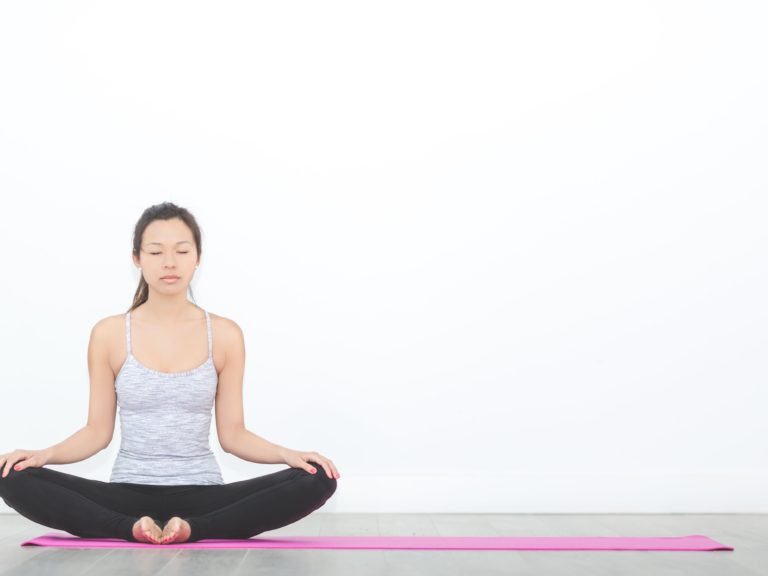Mindfulness
June 12, 2017
By Seed Psychology in Mindfulness, Resources, Self-care

Mindfulness: A way of living, a formal practice and a clinical skill to enhance coping with stress and difficult emotions.
There is an increasing body of experimental evidence that supports the notion that the practice of mindfulness can be helpful in the treatment of a range of clinical disorders including chronic pain, anxiety disorders, depression, PTSD and borderline personality disorder.
Mindfulness is a process of paying focussed attention to our internal and external experience in the present moment with curiosity, flexibility, openness and acceptance. The focus of attention can be on external stimuli like things we hear or see in the external environment or on internal stimuli including cognitions (thoughts and memories), emotions and bodily sensations. There is an emphasis on noticing and observing these public or private events in a non-judgmental manner – not judging an experience as good or bad, desirable or undesirable but just noticing “as it is.”
As a lifestyle, mindfulness is the process of immersing oneself totally in the experience of the present moment whether this is exercising, walking, cooking, eating, washing dishes or having a conversation with another, rather than carrying out an activity “mindlessly” whilst one’s mind is preoccupied with thoughts or worries about the past or the future, which our minds tend to be programmed to do.
The formal practice of mindfulness can take anywhere from 5-20 minutes and involves intentionally focussing attention on the breath or sensations in the whole body, on mental images like “leaves on a stream” or on external stimuli like sounds or external objects.
As a clinical skill mindfulness practice assists with learning to defuse from and releasing unhelpful thoughts, beliefs, memories and other cognitions and learning to accept and making room for painful feelings, urges and sensations and allowing them to come and go without a struggle.
Reference & resource: www.actmindfully.com.au by Russ Harris
Smart phone apps for guided practice: Actocompanion, Headspace
Written by Angelika Bastin-Popp, Clinical Psychologist at Seed Psychology





